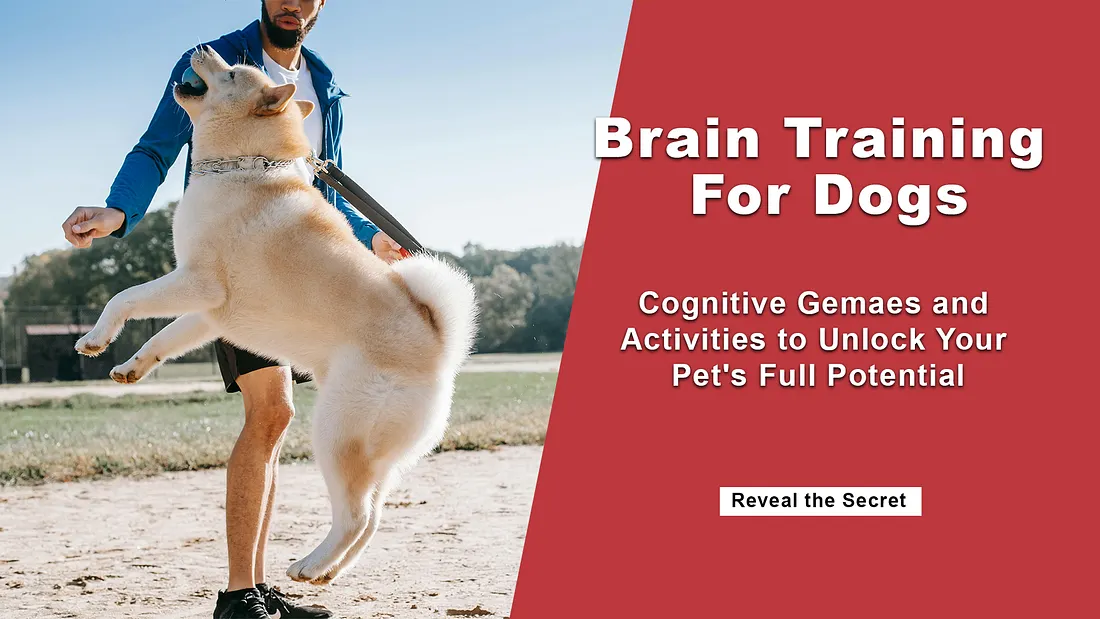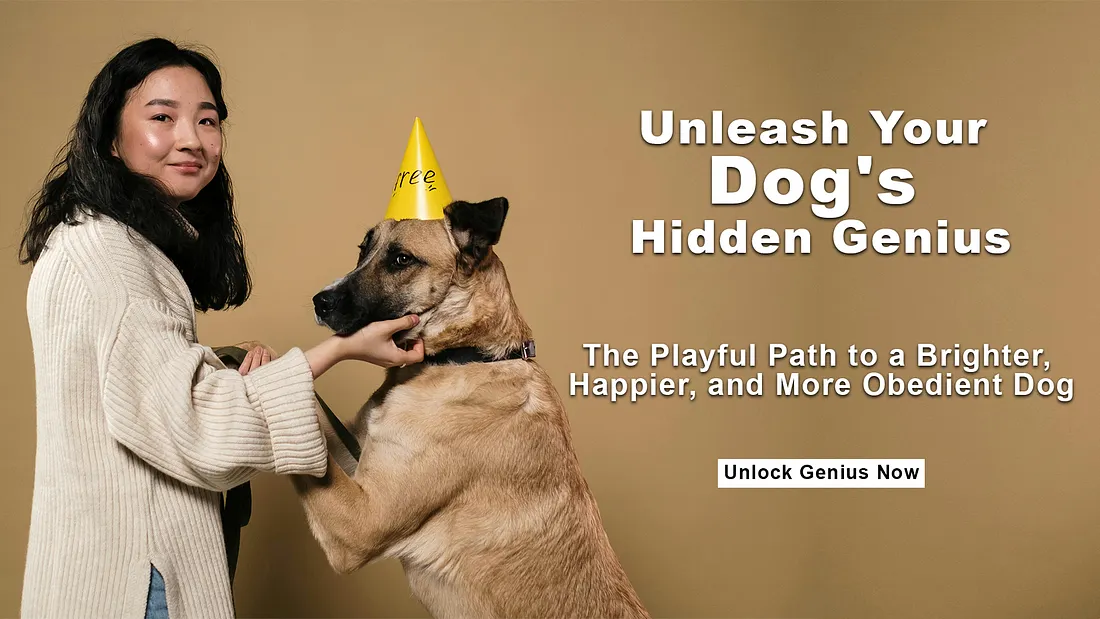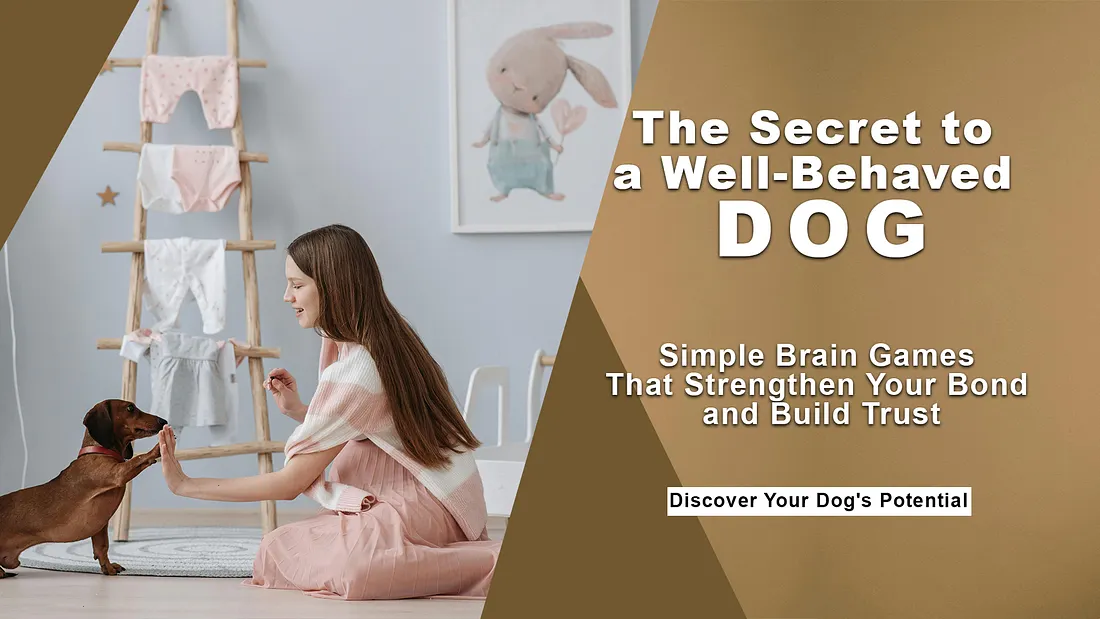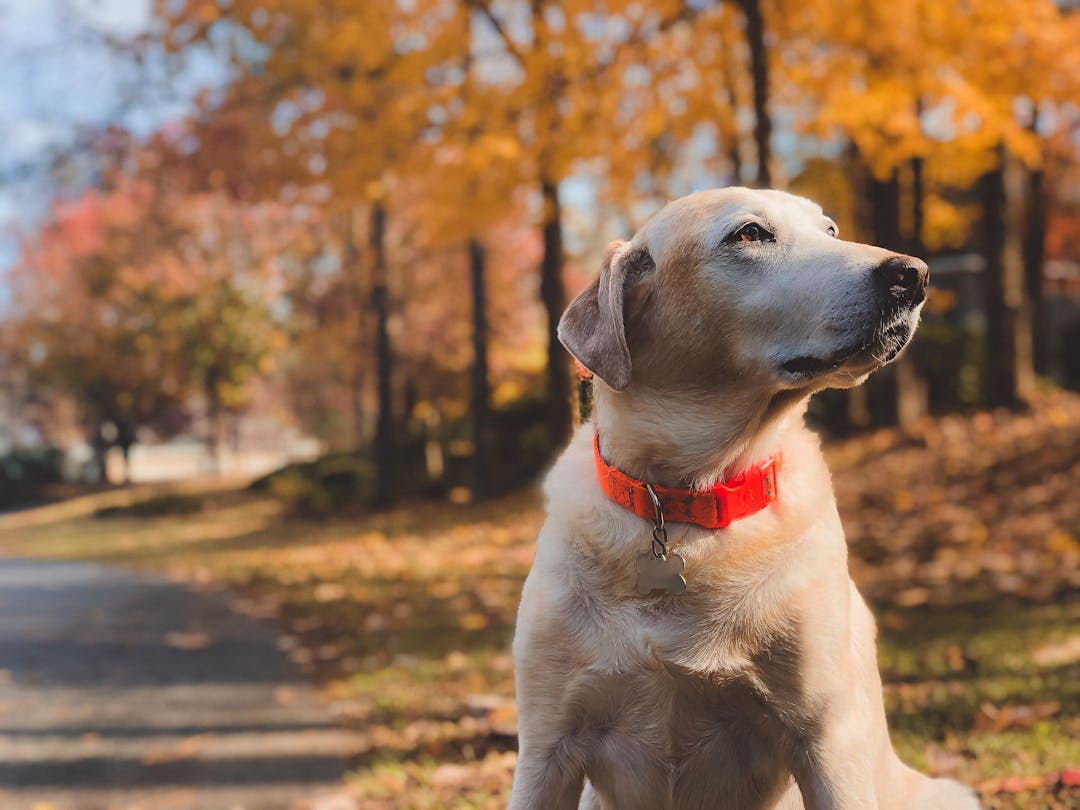Unleash Happiness: Sign Up for Dog Training in Brooklyn, NY Today!
Improve Your Dog’s Undesirable Habits with Fun Games
Those frustrating behaviors we often see – jumping on visitors, barking too much, tugging on the leash, you name it – often stem from a lack of exercise, under-stimulation, or a misunderstanding of what you expect. Fun training sessions can change that!
- Does your pup get overexcited with visitors? Turn fetch into a jumping redirect.
- When guests arrive, right as your dog starts to get excited, have them grab their favorite ball or squeaky toy.
- Praise them when they return and let your guest give them some love!
Dog Training At Home: Is your pup more “ruff” around the edges than refined? Are you craving a better-behaved canine companion? The right dog trainer can make all the difference! Let’s break down how to discover the best dog training resources in your local area. Here we will discuss all the keywords like Dog Training Lubbock and Dog Behavior Help.
Train Your Dog for a Better Life: Safety, Behavior, Bonding
Dog training isn’t just about fancy tricks. It’s about helping your dog become a well-adjusted companion :
- Stronger Bond: Obedience practice fosters trust and enhances your relationship with your dog.
- Less Anxious Dog: A well-trained dog is less likely to get lost, get into fights, or demonstrate harmful behaviors.
- Happier Household: Training helps with problems like constant barking, chewing, and housebreaking woes.
Methods of Dog Training Options
There’s more than one way to teach an old dog new tricks! Here are some common training options:
- Basic training classes: These cover basic commands (sit, stay, come), leash manners, and social skills. These classes are perfect for young dogs and those new to formal training.
- Personalized training sessions: One-on-one sessions address specific behavioral issues or more complex skills.
- Immersive training programs: Your dog lives with the trainer for intensive training over several weeks.
- Specialty Training: This includes agility classes, scent training, or protection dog training.
Choosing the Right Dog Trainer
Avoid simply choosing the first name you find online. Inquire about its meaning where it comes from any stories associated with it :
- Methods: Do they use positive reinforcement or older, punishment-based techniques?
- Certifications: Look for relevant certifications, which demonstrate a high level of expertise.
- Can they demonstrate success with the types of behavioral issues you’re facing?
- Ask for examples of their work with other dogs?
Tips for a Calm, Obedient, Happy Dog
Everyone desires a well-behaved companion by our side. But behind every well-behaved dog isn’t just strict training, but also a dog that is mentally stimulated, physically active, and has a strong bond with its human.
Play all three :
- Pups, like us, require brain workouts! Interactive play challenges them to think. This cognitive exercise staves off boredom, which can lead to unwanted behaviors.
- A tired dog is often a well-behaved dog. Adding physical exercise into your playtime creates a healthy routine and allows them to release their energy in a controlled setting.
- Nothing strengthens the bond between you and your dog than having fun! Quality playtime fosters positive interactions, builds trust, and gives you insight into your dog’s unique quirks and communication style.
Tap into Your Dog’s Best Behavior with Exciting Brain Games
The best games utilize your dog’s innate problem-solving skills. Here are several engaging brain games to supercharge your training:
- Hide and Seek Fun: Hide treats or a favorite toy in simple boxes or under towels. Let your pup unleash their inner detective to locate the prize. Begin with simple searches and gradually increase the difficulty as they get the hang of it!
- The Shell Game: Perfect for focusing attention and building impulse control. Place three opaque cups upside down. Hide a treat under one, then shuffle them around, letting your dog choose which cup hides the reward.
- Puzzle Toys: Invest in interactive puzzles that require your dog to work for its treats. These mentally engaging toys provide entertainment for your furry friend while improving their reasoning skills.
Frustrated by your dog’s destructive habits? This effective course is the solution you need.
The best dog training won’t feel like a chore for you or your dog. Play-based training changes the whole experience with these key benefits:
- Enhances Motivation: Dogs, similar to children, learn faster when it’s enjoyable!
- Improves Recall: Games like fetch or a playful twist on hide-and-seek naturally make your dog want to return to you, building strong recall.
- Builds Confidence: Accomplishing tasks through play, though seemingly simple tasks, builds positive associations and gives your dog a sense of pride.
- Reduces Stress: For both you and your dog! Play is a fantastic stress reliever, and the reward-based approach reduces the frustration that can come with training.
Quit Struggling with Your Dog: Train Through Play
If the traditional “sit,” “stay,” and “heel” approach leaves you exasperated, it’s time to consider play. Remember, dogs don’t speak our language – they learn through actions and repetition. Games break complex things down into fun steps, helping them succeed in a non-pressured, happy environment.
Here’s how to incorporate games into your workout routine:
- Rather than physically pushing your dog into a seat, hold a treat above their head. As they naturally raise their head to reach it, gently guide it back until they sit. Immediately reward them! Now, you can add a verbal “sit” cue as the action happens. Try a similar approach by lifting a paw for “shake.”
- Instead of focusing on a motionless “stay”, make “stay” a fun challenge. Have your dog sit and stay for a short time, then toss a toy a short distance. Release them with a “fetch it!” command and reward them for returning instead of chasing the toy endlessly. Gradually make the “stay” longer.
- Instead of a leash battle, turn your walk into a playful “follow the leader”. Change speeds abruptly, walk in circles, and switch directions without warning. Reward your dog for staying close to you. Add in a verbal “heel” cue as they match your pace.
Dog Training At Home
Do you want a smarter, fitter, well-trained dog?
Achieving a perfectly behaved dog doesn’t come with a magic pill. However, regularly making time for engaging, playful training sessions is as close as it gets. You’ll notice the benefits extend beyond just the specific commands you teach.:
- Improved Cognitive Function: Mentally challenged dogs become more adept at problem-solving in situations beyond their training. This makes them less likely to get into trouble out of boredom!
- A Boost in Self-Esteem: A dog who knows playful “tricks” and excels during training feels more confident in themselves and their bond with their owner.
- Better Overall Fitness: Active play is essential for maintaining a dog’s ideal weight and helps alleviate joint pain and other ailments associated with a lack of exercise.
- Decreased Anxiety: A well-exercised, mentally stimulated dog is less prone to anxiety and stress-related behaviors.
A Unique Approach to Strengthen Your Bond with Your Dog
The time you dedicate to playful training is more than just getting the results; it’s an investment in the most important thing – your relationship. Dogs thrive on positive attention and shared experiences. Play checks both boxes and makes you your dog’s favorite source of fun.
- Discover Your Dog’s Language: Through play, you’ll better understand what they like and dislike, and how they express themselves.
- Could a tail wag with a tucked rear indicate fear instead of pure excitement? Play gives you a window into their world.
- Build a Stronger Bond: Play-based training eliminates harsh corrections and emphasizes positive reinforcement. Your dog will see you as a source of joy, not just someone giving orders.
Warning Signs to Watch Out For
- Trainers claiming quick results
- Those who primarily use punishment
- Anyone who won’t allow you to attend a session
- Trainers who push you towards costly programs upfront
Nearby Dog Obedience Resources
- Consult with your pet’s doctor: They often have great recommendations.
- Check with pet stores or dog shelters: They may provide training courses or recommendations.
- Do an online search: Try searching for “[your city] dog training classes”. Read reviews and ratings on platforms like Google or Yelp.
- Find local dog-related communities: Use social media or Meetup.com to find dog owners with trainer recommendations.
Keywords: Dog Training Lubbock, Dog Training At Home, and Dog Behavior Help. Your location is near Brooklyn, New York, Kings, 11212.
Let’s start the excitement begin!
Keep in mind, play-based training is all about being flexible and having as much fun as your dog! Let your creativity run wild, make things silly, and celebrate each tiny win along the way. You might even find yourself rediscovering the pure delight of being a dog owner as your loyal companion blossoms into their happiest and most well-behaved self.





